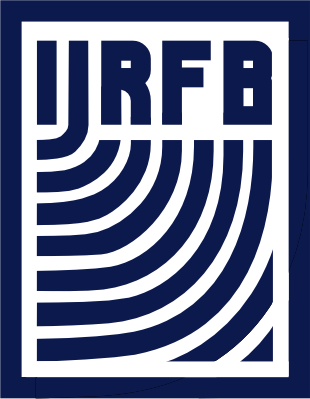AN ANALYSIS OF THE EFFECT OF FRAUD TRIANGLE ON FINANCIAL STATEMENT FRAUD WITH INTELLECTUAL CAPITAL AS MODERATION
DOI:
https://doi.org/10.70575/ijrfb.v4i1.37Keywords:
Financial Statement Fraud, Pressure, Opportunity, Rationalization, Intellectual CapitalAbstract
This study aims to determine the effect of triangle fraud on fraudulent financial statements with intellectual capital as moderation. Triangle fraud includes pressure proxied by financial target, opportunity proxied by nature of industry, and rationalization proxied by bonus mechanism. This study uses F-Score to measure the potential for fraudulent financial statements and VAIC to measure intellectual capital. The research sample consists of 21 SOEs listed on IDX in 2018-2022. The research uses quantitative methods with moderation regression analysis and Eviews 12 as a tool. The results showed that financial target has positive effect and nature of industry has negative effect in detecting fraudulent financial statements. The rationalization is not proven to have significant effect in detecting fraudulent financial statements. Intellectual capital is proven to weaken the effect of pressure and strengthen the effect of opportunity on fraudulent financial statements. However, intellectual capital is not proven to moderate the effect of rationalization on fraudulent financial statements. This study supports the agency theory. The study recommends companies to strengthen their intellectual capital and internal controls to prevent fraudulent financial statements. Investors and creditors also need to consider profitability, changes in receivables, and intellectual capital in making their investment and lending decisions to companies.





